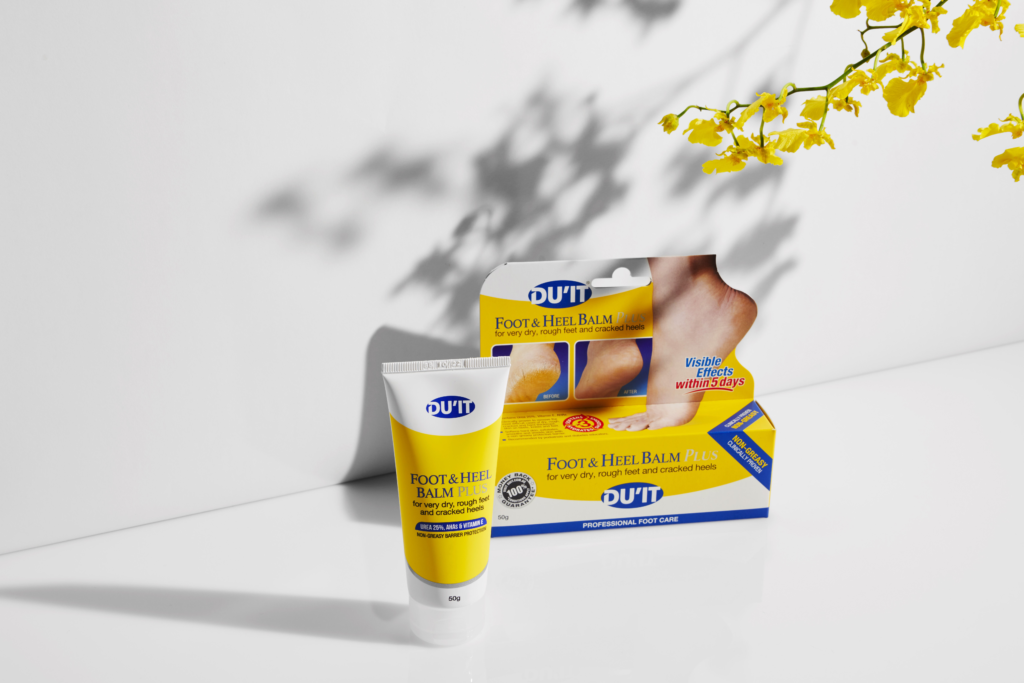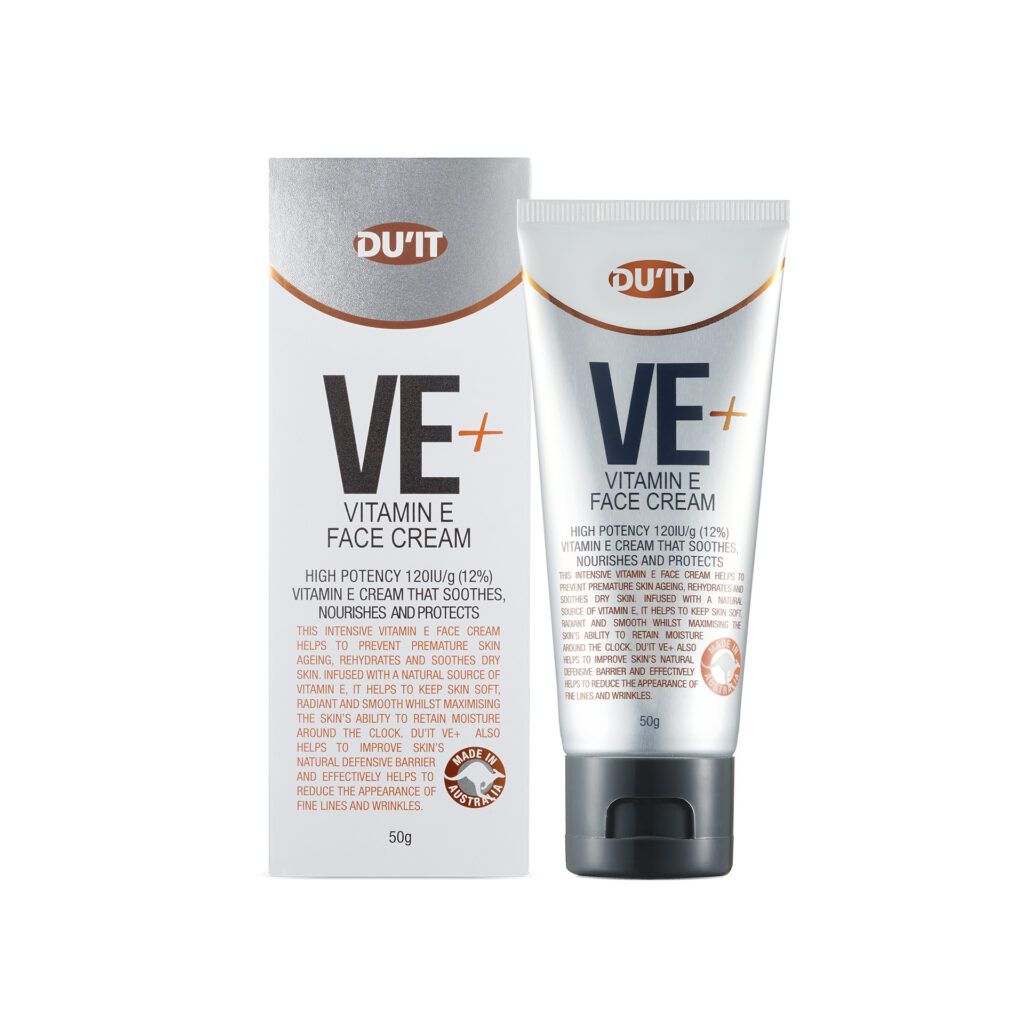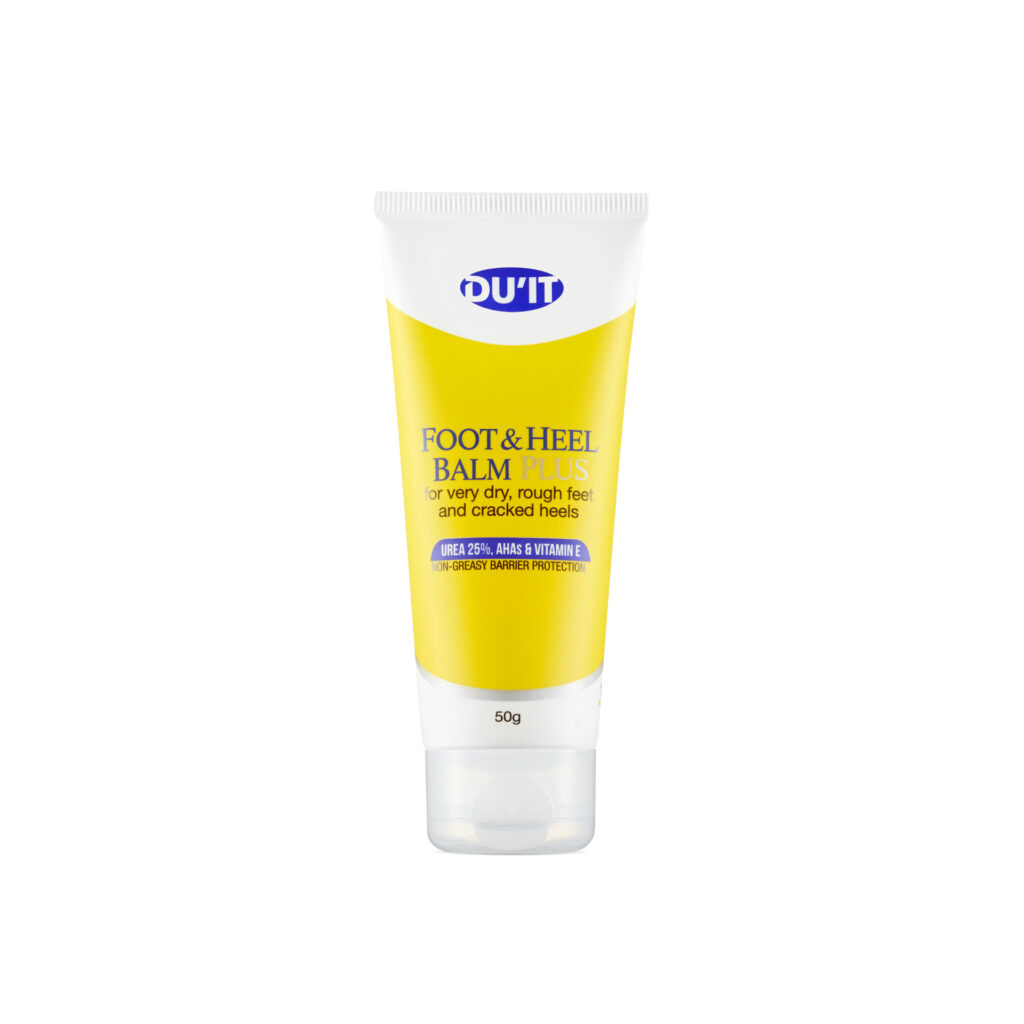As Spring comes closer and the temperature rises, you’ll find that your skin might become more prone to allergies and increased sensitivity due to spring allergies. Unpredictable weather conditions can really affect your skin. Skin with a fragile skin barrier often struggles with sudden changes in temperatures, humidity levels and weather conditions.
Here are some tell-tale signs to see if your skin needs extra care.
- Rashes and redness
Redness is a common sign of sensitive skin. Frequent rashes and tiny red bumps are telltale signs of sensitivity. Be sure to vet any new products by performing a patch test on a small, inconspicuous area. Wait 24 hours to see if a rash develops before applying it to your entire face or body.
People with sensitive skin also tend to flush more often when facing changing weather and high temperature.
- Dry and itchy skin
As a result of the skin’s lack of ability to hold in moisture, people with sensitive skin often experience persistent dryness on different parts of the body. Dryness and irritation of the skin are signs of eczema, a type of dermatitis characterized by a leaky skin barrier that doesn’t effectively trap moisture. Scaling and flaking develop the longer the dryness persists. For mild eczema, over-the-counter creams can help but for more persistent flare-ups, a topical steroid can provide relief.
- Breakout
Sensitive, dry skin may produce extra oils to try to compensate for the lack of contained moisture. The result? Easily clogged pores that lead to breakouts. Some ingredients in your skincare products can be pore-clogging or inflammation.
Here are some tips on how you can combat skin sensitivity in Spring.
- Choose the right products
When it comes to sensitive skin treatment, look out for products with effective and natural ingredients. DU’IT VE+ Vitamin E Face Cream is a soothing moisturizer enriched with natural vitamin E. Avoid certain ingredients that could flare up irritations, including artificial fragrance, alcohol, mineral oil or lanolin.

People with thin skin barriers are more vulnerable to the harsh environment. Dimethicone can form a thin, non-greasy protective film on the skin surface to help prevent moisture loss and shield the skin from environmental irritants. DU’IT Foot & Heel Balm Plus contains natural moisturising factors and Dimethicone. It is also free from nasties such as petrolatum, mineral oil, parabens and allergens and irritants. Its triple action formula helps to soothe, repair, hydrate and protect the skin.

- Test it out before use
It is a good idea to do patch tests before switching to unfamiliar products. Apply a small amount of the new product behind your ear to see if your skin reacts. Pay special attention to areas like the eyes, where skin is thin and fragile.
- Spring cleaning
Not only does your wardrobe need Spring cleaning, it is also important to clean up your makeup table. Once opened, skincare products can easily be contaminated, especially in Spring as the temperature goes up. Check the period-after-opening symbol on the packaging and see if it is time to throw them out.
- Do not overheat
Spring can be a little chilly, but overheated water or air can dehydrate your skin and trigger itchiness and heat rash. So make sure your room is kept at a comfortable temperature and use lukewarm water to clean your skin.
- Protect your skin from the sun
Do not step into the sun without a hat or sunscreen lotion. When choosing sunscreens, opt for a physical sunscreen, as it deflects UV rays rather than absorbing them – which most chemical sunscreens do.
- Maintain a healthy lifestyle
As your immune system plays a role in skin sensitivity, it is important to keep a healthy lifestyle by having a balanced diet and regular exercise. This helps your body to fight against allergies.
- Consult a dermatologist
Simply overloading your skin with moisturising products does not help with skin irritation. If symptoms persist, please seek out for professional advice from a doctor or a dermatologist.
Understanding Springtime Skin Issues
Springtime can be a challenging season for those with sensitive skin, primarily due to the surge in seasonal allergies. As the weather warms up and plants begin to bloom, pollen counts rise, leading to increased skin irritation. Understanding the root causes of these springtime skin issues is crucial for managing symptoms and preventing allergic reactions.
Seasonal allergies, also known as hay fever or allergic rhinitis, can cause a variety of skin problems, including itchy skin, hives, and rashes. The immune system plays a significant role in these reactions, as it responds to pollen and other allergens by triggering an allergic response. Identifying the specific triggers of your springtime skin issues is essential for developing an effective treatment plan and keeping your skin healthy during this season.
Identifying Allergy Symptoms
Recognizing the symptoms of seasonal allergies is key to managing springtime skin issues effectively. Common symptoms include itchy skin, runny nose, itchy eyes, and congestion. Skin reactions can vary from mild to severe, so it’s important to be aware of the signs of an allergic reaction.
If you experience any of the following symptoms, you may be dealing with a springtime skin issue:
- Itchy skin or hives
- Runny nose or congestion
- Itchy eyes or watery eyes
- Skin rashes or redness
- Swelling or inflammation
If you’re unsure about your symptoms or if they persist, it’s wise to consult with a healthcare professional for a proper diagnosis and treatment plan.
Preparing Your Skin for Allergy Season
Getting your skin ready for allergy season is essential to managing springtime skin issues. Here are some practical tips to help you prepare:
- Moisturize your skin regularly to keep it hydrated and healthy.
- Avoid harsh skincare products that can strip your skin of its natural oils.
- Use gentle, fragrance-free cleansers and moisturiszers.
- Wear protective clothing, such as long sleeves and pants, when spending time outdoors.
- Apply sunscreen with at least SPF 30 to protect your skin from the sun.
By taking these steps to prepare your skin for allergy season, you can reduce the risk of skin irritation and allergic reactions.
Skincare Routine for Sensitive Skin
For those with sensitive skin, developing a gentle and effective skincare routine is crucial. Here are some tips to help you maintain healthy skin:
- Use gentle, fragrance-free cleansers and moisturizers.
- Avoid harsh skincare products that can strip your skin of its natural oils.
- Moisturize your skin regularly to keep it hydrated and healthy.
- Exfoliate your skin gently, using a mild exfoliating scrub or a chemical exfoliant.
- Avoid using hot water, which can strip your skin of its natural oils.
By following a skincare routine tailored for sensitive skin, you can minimize the risk of skin irritation and allergic reactions.
Managing Flare-Ups and Allergic Reactions
Managing flare-ups and allergic reactions is essential for keeping springtime skin issues under control. Here are some strategies to help you manage these challenges:
- Identify your triggers and avoid them whenever possible.
- Use antihistamines or other medications to reduce symptoms.
- Apply topical creams or ointments to soothe and calm the skin.
- Use cold compresses or cool baths to reduce itching and inflammation.
- Seek medical attention if symptoms persist or worsen.
By effectively managing flare-ups and allergic reactions, you can reduce the risk of skin irritation and maintain healthier skin during the spring season.

DU’IT VE+ Vitamin E Face Cream 50g
DU’IT VE+ Vitamin E Face moisturiser is a high potency (120iu/g or 12%) vitamin E face cream, that contains 6 times more vitamin E than that of standard vitamin E cream, providing exceptional moisturising properties for dry skin. It neutralises free radical activity, moisturises dehydrated skin, fine lines and guards against premature skin ageing.

DU’IT Foot & Heel Balm Plus 50g
Visible effects within 1 day, DU’IT Foot & Heel Balm Plus is an intensive heel balm formula containing 25% Urea that helps repair cracked, dry heels.
This foot cream is clinically and dermatologically tested to effectively rehydrate, soften and protect feet, giving you soft, smooth, healthy feet.


One thought on “7 Skincare Tips for Itchy Skin in Spring”
Nice blog. thanks for sharing Skin care tips . do write more on skin care products.